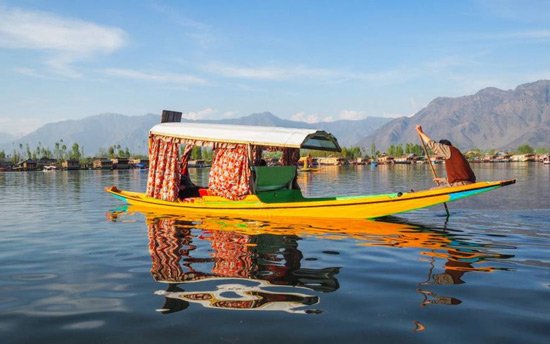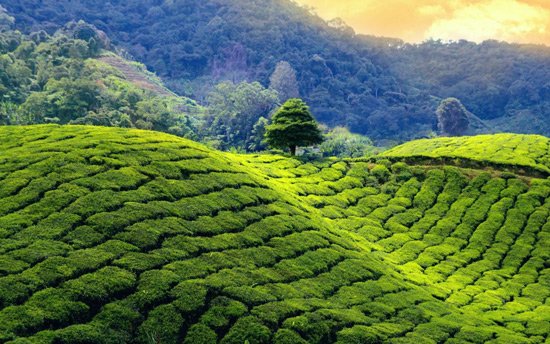- Home
-
Explore
Explore India’s top destinations with our popular travel packages, offering a blend of iconic landmarks, cultural experiences, and unforgettable adventures. Book now to embark on a memorable journey through India’s diverse landscapes and vibrant heritage.
Book Now -
Pupular Destination
Uttarakhand, known as the "Land of the Gods," captivates with its stunning Himalayan landscapes, sacred rivers, and tranquil hill stations, making it a prime destination for both adventure and spirituality...
Read moreJammu & Kashmir, a region of stunning contrasts, offers a blend of snow-capped peaks, lush valleys, & vibrant cultural heritage. From the serene beauty of Srinagar’s Dal Lake to the historic temples of Jammu...
Read moreRajasthan, the "Land of Kings," is famed for its majestic forts, vibrant palaces, and rich cultural heritage. Its vast deserts, colorful festivals, and regal history make it a captivating destination in India...
Read moreDarjeeling, known as the "Queen of the Hills," is a picturesque hill station in India renowned for its stunning tea gardens, panoramic views of the Himalayas, and charming colonial architecture.
Read more - National Park
- Hotels
-
Tour Packages
Uttarakhand Tours
- Pilgrimage Tour Packages
- Trekking & Hiking Tour
- Adventure Activities Tour
- Wildlife Tour
- Yoga & Meditation Tour
- Rural Tourism Tour
- Chardham Yatra Tour
Goa Tours
Rajasthan Tours
- Royal Rajasthan Tour
- Rajwada Rajasthan Tour
- Jaipur Tour Package
- Udaipur & Chittorgarh Tour
- Jaipur Ajmer Pushkar Tour
- Rajasthan Village Tour
- Rajasthan Bird Tour
- Ranthambore Tiger Tour
- Rajasthan Desert Safari Tour
- Rajasthan Wildlife Tour
- Rajasthan Cultural Tour
- Forts & Palaces Tour
- Khatu Shyam & Balaji Tour
- Rajput Heritage Tour
Himachal Tour
- Magical Himachal Tour
- Himachal Honeymoon Tour
- Kullu Manali Tour
- Dalhousie Weekend Tour
- Shimla Manali Tour
- Kasauli Tour Package
- Beauty of Himachal
Ayodhya Tours
- About
- Contact us
Explore
- Spiritual Packages
- Wildlife Tour
- Adventure Activities
- Heritage Tour Packages
- Festivals & Fairs
- Ayurveda Yoga Tourism
- Pilgrimage Tourism
- Himalayan Wonder
- Historic Temple Tour
- Chardham Yatra
Tour Packages
- Uttarakhand Packages
- Jim Corbett Packages
- Darjeeling Package
- Kashmir Packages
- Ladakh Packages
- Goa Package
- Rajasthan Packages
- Himachal Packages
- Kerala Package
- Ayodhya Package
- Prayagraj Package
Indian National Park
- Jim Corbett National Park
- Rajaji National Park
- Dudhwa National Park
- Kaziranga National Park
- Gir National Park
- Ranthambore National Park











